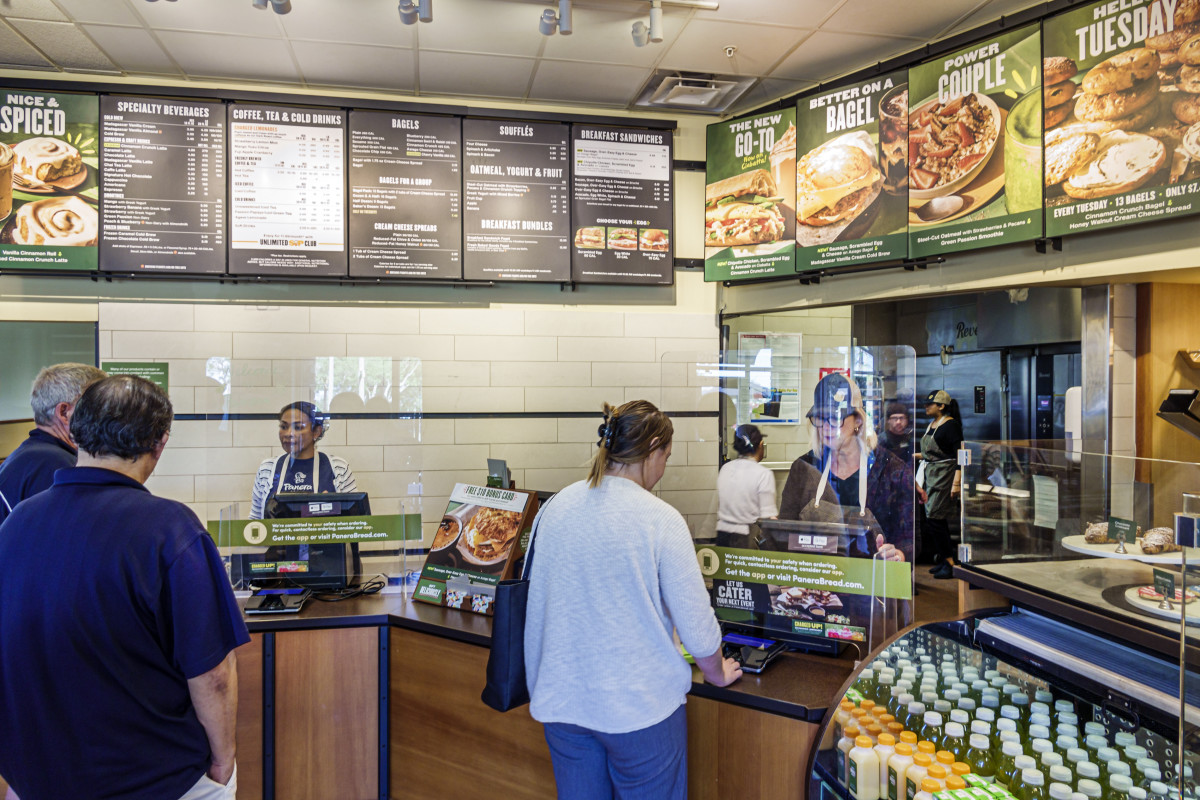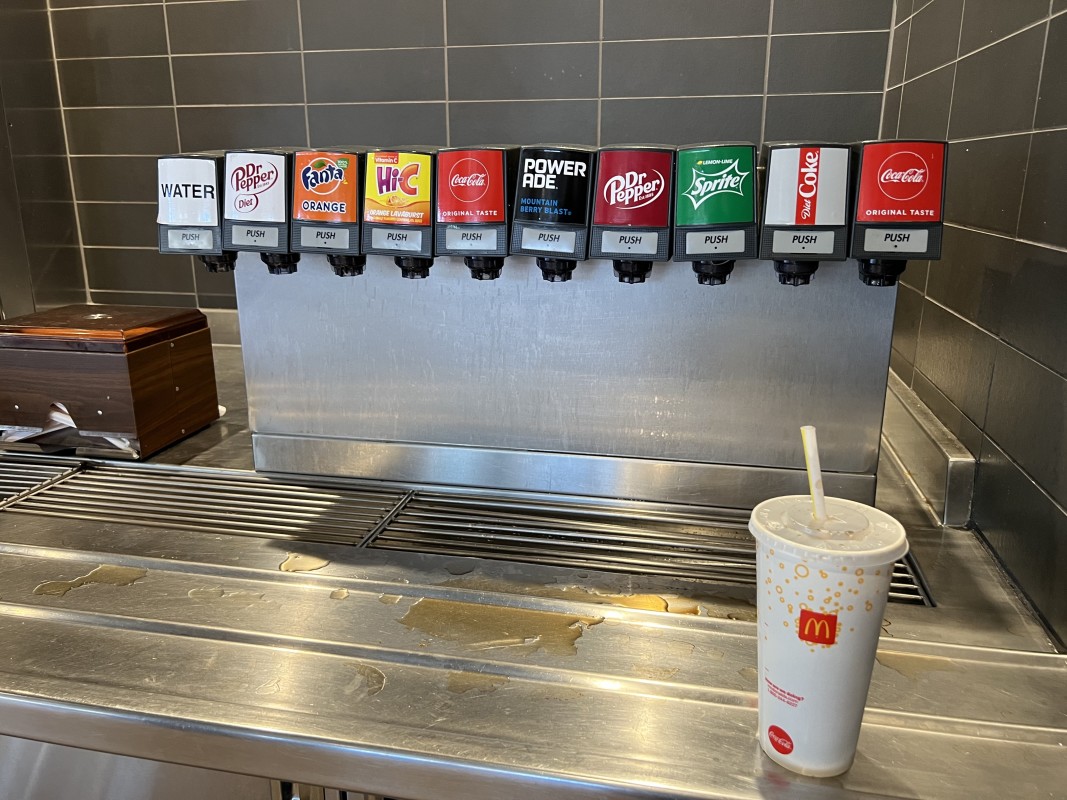
It may not be surprising to learn that the top 10 biggest restaurants in the U.S. by sales are all fast food restaurants.
Since fast food was born in this country, it may seem like a given that so many successful restaurants have been born out of our culture.
Related: Chipotle making some major price changes (get ready to pay more)
It's fast, usually affordable, and fits seamlessly into our lives that can involve more rushing around to things like soccer practice and PTA meetings than sitting around for a leisurely meal at 9 PM.
As of 2022, the top 10 restaurants in America are:
- McDonalds
- Starbucks
- Chick Fil A
- Taco Bell
- Wendy's
- Dunkin'
- Burger King
- Subway
- Domino's
- Chipotle
And if you posit that Chipotle is really more of a fast-casual setting than fast food, we'll grant you that. But consider that there are now over 500 Chipotle drive thru locations, and the restaurant intends to build out at least 250 more in 2023.
One of the modern conveniences and marvels of fast food is that so many chains give you the illusion that you've got an endless amount of choices at your fingertips. You can create custom meals, bowls, and swap sides with ease. At Starbucks alone there are over 170,00 ways to create your own customized drink.
But one personalized option at many fast food eateries might just be a little too personal.
New study reveals gross fast food truth
A recent study conducted in California published by the International Water Association found that fountain drink dispensers, which offer consumers the ability to choose their own soda or beverage of choice, contain an inordinate amount of germs on them.
The study, conducted by Loma Linda University researchers in the Eastern Coachella Valley of California, swabbed fountain drink dispensers and found that 42% of the samples came back positive for coliform bacteria. Some samples also found salmonella, E. coli, and Pseudomonas aeruginosa.

Researchers also found that a large portion of the self serve machines and restaurant tap water had "adequate water temperatures for the formation and growth of biofilms, which can harbor pathogenic microorganisms and therefore pose threats to human health and public safety."
Many of these machines may be the perfect breeding ground for such bacteria because they contain plastic piping, which can provide a suitable environment for biofilms and other slippery or viscous material to accumulate.
"The quality of filtration systems used for WVMs [water vending machines] and SFs [soda fountains] appears to be insufficient to prevent consumers from drinking contaminated water. Dispensing nozzle structure and location are also suitable for biofilm formation, especially during the summer season," the researches wrote in the study.
And since much of this piping is contained within the machine and not visible to customers or workers, a restaurant can pass health and safety inspections and still have elevated levels of such bacteria.
And the problem likely isn't contained to just California.
"We cannot say that soda fountain contamination is only in the eastern Coachella Valley," lead author of the study, Thomas Hile, said. "It’s a general problem that I believe is kind of overlooked."







